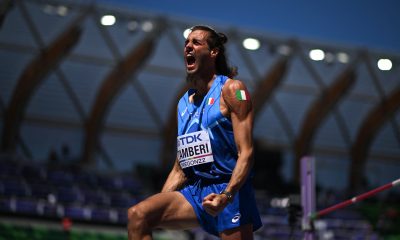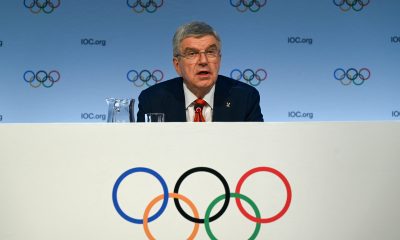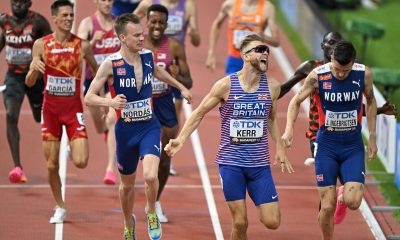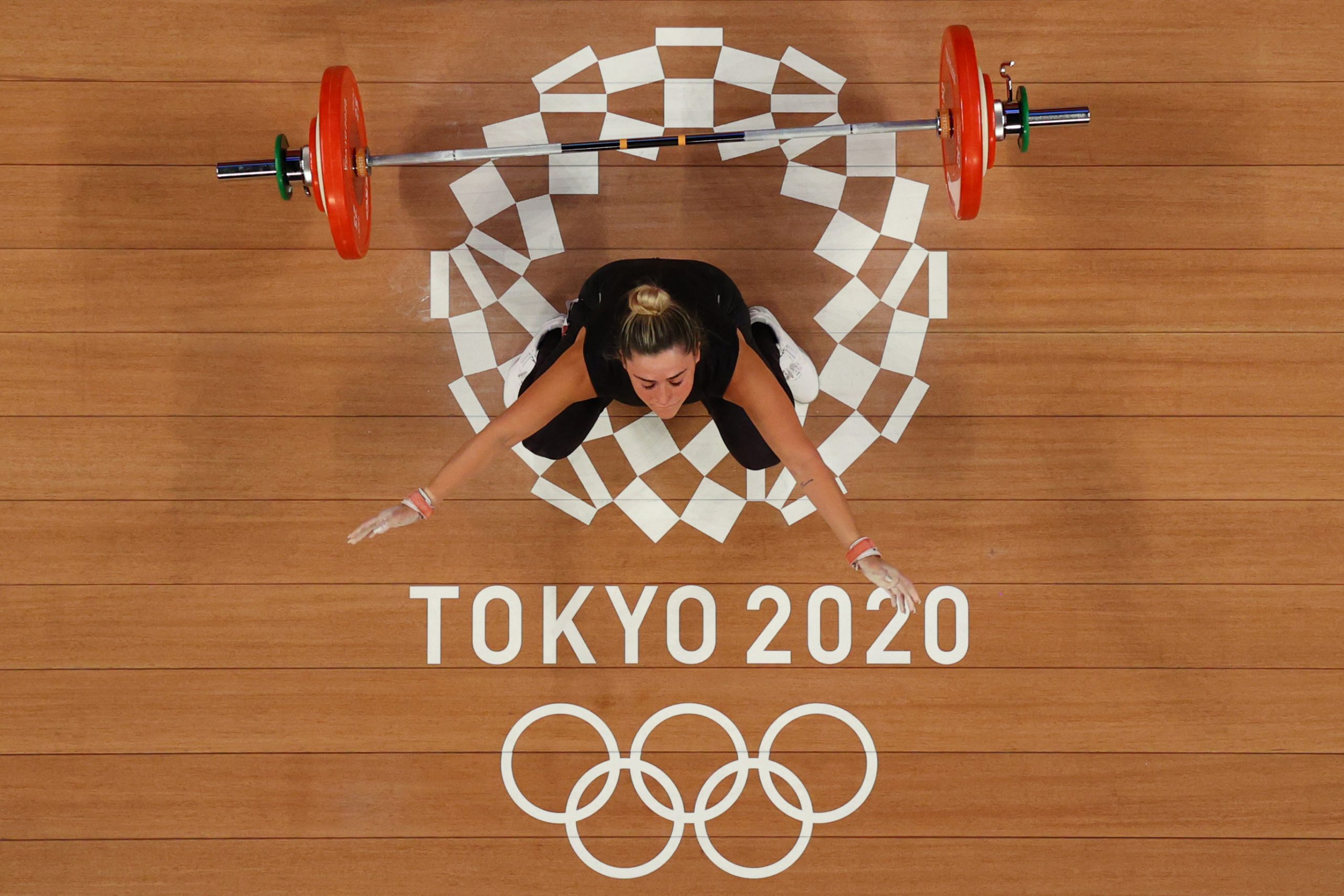
Is Malta’ search for an Olympic medal a futile dream? A lot of effort in terms of strategy, planning and assessment, and possibly sufficient funds, have been put in every time Malta competes.
A medal continues to elude us, notwithstanding our repeated participation in the Games with cautious optimism. What is wrong? What are we doing wrong – or rather what are we not doing right? Are we too ambitious? Do we lack the right focus in the right sectors; the ability to identify realistic chances of success?
Barrie Shepley, for ten years Canada’s Olympic triathlon coach, winning gold in Sydney 2000, and chairman of the Coaching Association of Ontario, and Stephen D. Holmes, a lawyer resident in Malta, past member of the Canadian Olympic Committee and president of Triathlon Canada, review the Canadian experience and that of the smallest nations and their possible relevance to what Malta’s approach should be.
They are introduced by Austin Sammut, a lawyer, active in the field of sport administration and past president of the Aquatic Sports Association of Malta.
USA, China and Germany have the luxury of making strategic mistakes when they are developing elite athletes because they can choose from so many.
Mathematics are on your side when you have hundreds of millions of people to identify a few hundred elite athletes.
Countries with medium size populations like Canada, South Africa and Australia have had to be more strategic in how they develop elite athletes due to smaller populations and an inability to be competitive in every sport.
Small countries like Bermuda, Grenada and Malta must be even wiser in decision-making and spending money to be competitive in elite international sport.
Success in team sport is incredibly difficult for medium and smaller nations. Usually, smaller countries do not have elite leagues for players and coaches to develop their skills.
The cost and complication of elevating 12-15 athletes to an international level are extremely difficult. While Iceland made headlines with their soccer success in the European Championships, most small nations see virtually no success in elite team events.
Canada hosted both the 1976 Montreal Summer Olympics and the 1988 Calgary Winter Olympics.
Canada was the first country to host the Olympics and not win a gold medal. It was a national embarrassment.
Canada made some major mistakes. First, they tried to compete in virtually every sport regardless of whether they had a legitimate chance to be successful in those sports.
Secondly, they did not increase their resources to sports where they had a higher chance of success.
However, since that time, Canada, has had incredible success. They developed the elite athletic programme to the point that when they next hosted the 2010 Winter Olympics they won the most gold medals of any nation.
At the 2021 Olympics, Canada set records for medals, particularly in women’s sports.
Canadian facilities and sports experts are now globally in demand. What did Canada change to achieve this positive result and what is the formula of their success?
Canada created an organization called “Own the Podium”.
Its mandate was to identify sports and athletes who had the best opportunity to win medals and then to fully support them if they achieved set milestones.
Previously, Canada was funding sports through Sport Canada.
It promoted/supported both sport participation and high performance. Own the Podium is a joint venture funded by Sport Canada and the Canadian Olympic Committee.
Sport Canada continues to support participation and national federations.
Own the Podium is independent and staffed with high-performance experts who make the difficult decisions which athletes would be supported and which would not.
Canada strategically focused on new sports where the world powers have not had time to use their mass resources.
When mountain biking made its debut, Canada won the Olympic silver medal.
Canada additionally won two bronze medals in women’s road cycling. In men’s beach volleyball Canada took the inaugural bronze Olympic medal.
At the debut of triathlon in the Olympic Games, Canada’s Simon Whitfield won gold.
When trampoline made its first appearance at the Olympics, Canada won medals in both men’s and women’s competitions.
Winning medals is extremely difficult, and you need an element of luck.
However, for any country to have a chance of earning a medal they must have a strategic plan which includes: targeting sports with less competition, or where they have a unique athlete and/or a competitive advantage; early talent identification and performance monitoring; long-term funding; providing world class training facilities, partners and competition
Added to that you need an elite high-performance team of coaches, nutritionists, massage therapists, physios and psychologists and the ability to make the difficult decisions to not fully support all athletes and sports.
Canada did not have all the elements for success domestically. They provided the long-term funding for travel to the best facilities, and competition and to hire the best international team.
Canada accepted it did not have the best domestic HP team and facilities. It realised that trying to develop them internally would take too long and be too expensive.
There are many reasons for developing elite sport and sport participation in a nation.
The first reason should be to inspire the population to become active and enhance their own wellness.
Elite athletes can do more to inspire and uplift a nation’s motivation for achieving fitness and overall wellbeing than virtually anyone else.
Within a summer of Canada’s Simon Whitfield winning Olympic triathlon gold, the country’s youth triathlon programme was sold out.
Eight to twelve-year-old children took up the sport in record numbers. Every Olympic team since 2004 has had at least one Canadian triathlete who competed in the youth programme.
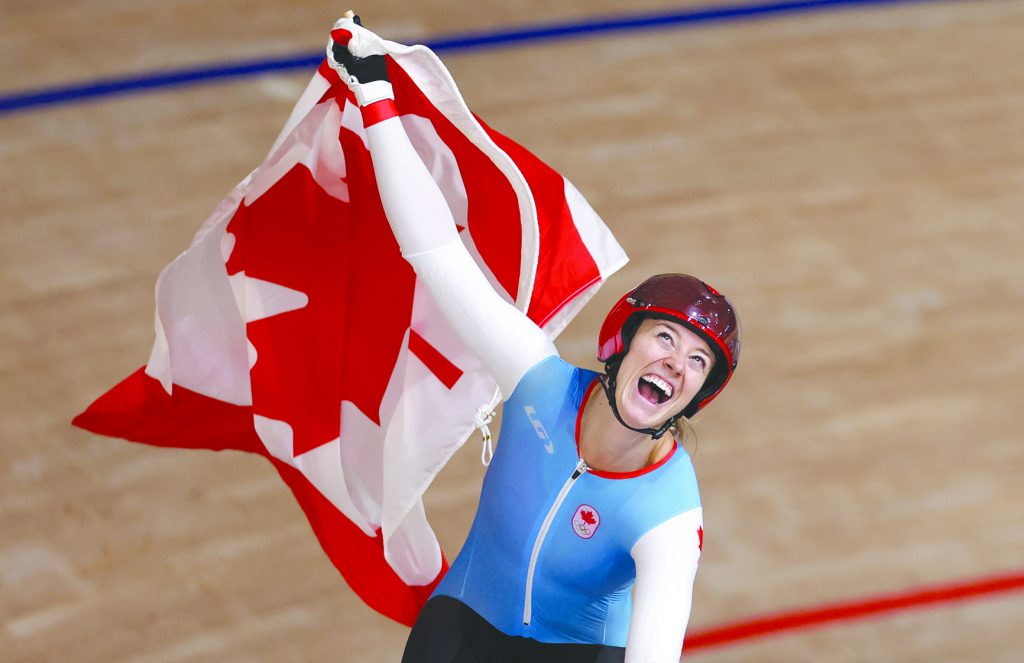
It also resulted in high-performance athletes immigrating to Canada. Sport tourism is an ever-growing industry.
Many countries have developed departments that actively strive to hold sporting events for their nation.
Hosting sporting events is not only a good economic benefit, but it often acts as a great inspiration for youth and age group citizens to take up the sport with more passion.
One can never underestimate the power of watching live sport in your own backyard. Countries need heroes which inspire. Success creates patriotism.
A fitter population reduces medical costs. Success can change and improve the reputation of a country.
The success Canada created was increased sports-related employment and sports tourism.
Sports plan
Developing a high-performance sports plan will encourage athletes to have a long-term commitment which is necessary to win medals. Success will encourage further success.
Size does not preclude a country having Olympic success.
At just over 120,000 people on the Caribbean Island of Grenada, it would be easy to believe that they have no chance for Olympic success.
However, in 2012 Grenada won Olympic gold in the men’s 400m.
In 2021, Flora Duffy won Olympic gold in women’s triathlon.
Duffy comes from Bermuda which has a population of just 64,000 people.
Small countries like Malta can be successful at elite sport.
By recognising limitations of population size, being strategic in decision-making, investing in coaches, athletes, and facilities, there is no reason that Malta cannot not punch above its weight.
Malta can win Olympic medals.

World Cup News
-
FIFA World Cup
/ 6 hours agoSaudi oil giant Aramco agrees major FIFA sponsorship deal
Saudi Arabia’s state oil giant Aramco and world football governing body FIFA on Thursday...
By AFP -
FIFA World Cup
/ 1 month agoSon scores but Thailand hold South Korea in World Cup qualifier
Son Heung-min scored but South Korea were held 1-1 at home by Thailand in...
By AFP -
FIFA World Cup
/ 2 months agoJapan-N. Korea World Cup game to stay in Pyongyang, JFA says
Japan’s World Cup qualifier against North Korea will be played in Pyongyang as planned...
By AFP -
FIFA World Cup
/ 2 months agoGerman ex-FA bosses on trial over World Cup tax evasion
Three German ex-top football officials went on trial on Monday in a 13.7-million-euro ($14.8...
By AFP

American Football
Bears draft USC quarterback Williams with No. 1 pick

English Premier League
Chelsea’s Fernandez to miss rest of season after groin surgery

FIFA World Cup
Saudi oil giant Aramco agrees major FIFA sponsorship deal

Winter Olympics
Watch: Geisenberger wins sixth Olympic medal to tie luge record

























